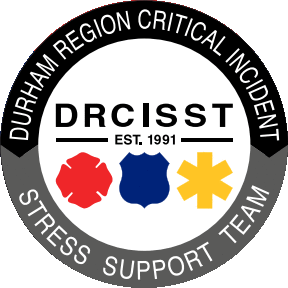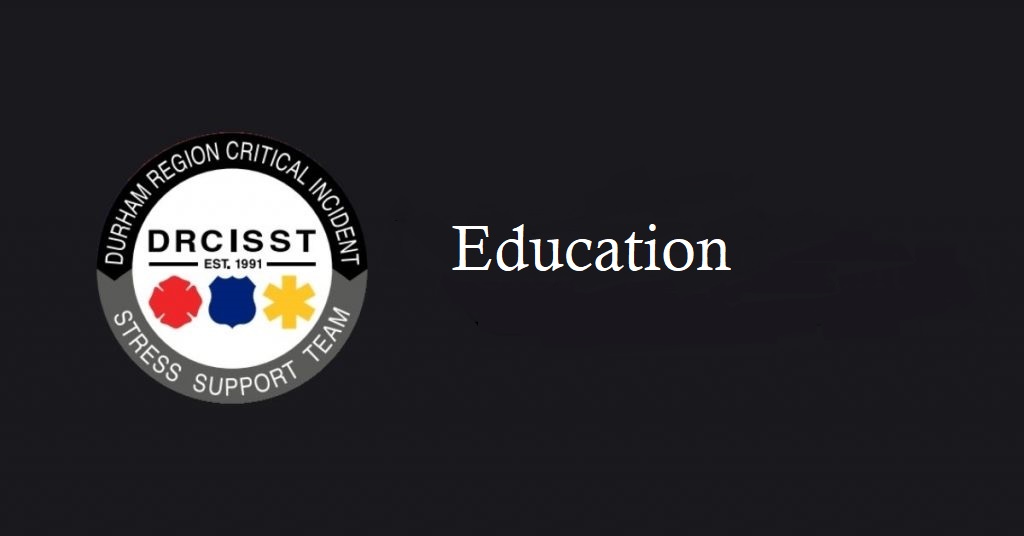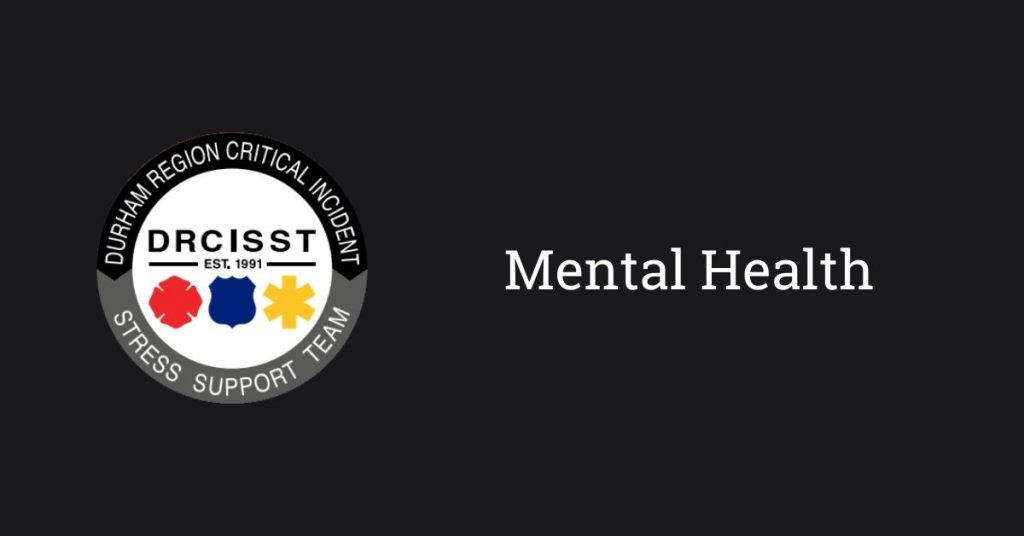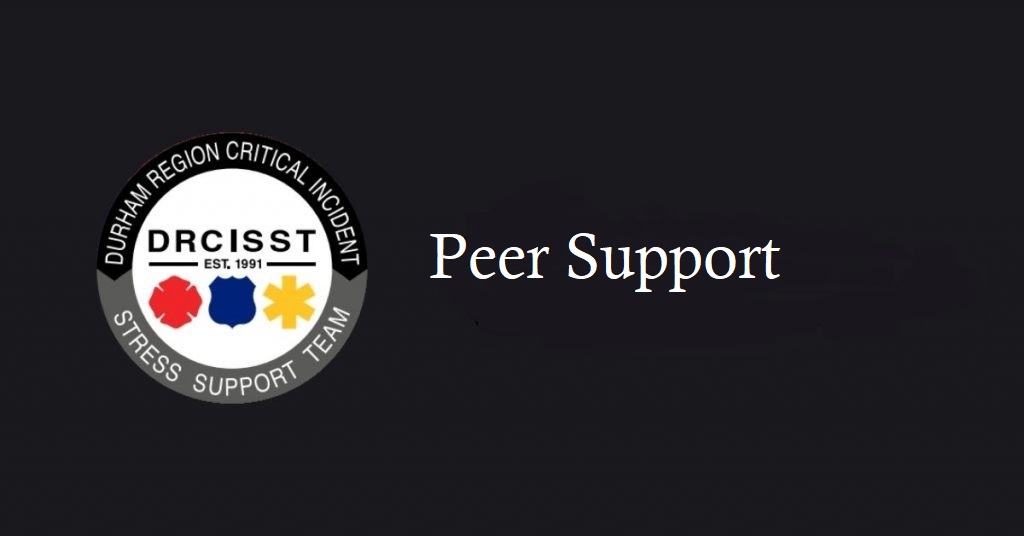Membership
A team is only as good and as strong as its membership – so initially team selection is crucial to the longevity of your team.
From our own teams Policies and Operational Guidelines with regards to selecting good members – here are the requirements we consider when determining what we are looking for:
• Evaluation of reasons for wanting to be on team
• Accessibility to meet team responsibilities
• Respect and trust of peers
• Ability to keep confidences
• Ability to express self
• Maturity
• Sensitivity to others
• Ability to work within an established framework
• Self-identified assets/deficits
• Type of service represented
• Geographic location of candidate
• At least 12 months away from an impactful event of their own – prepared to discuss this with the interview panel.
• Completed the application form
• Service experience and background at least 6 months at work
• Training in areas of stress/psychology and willingness to do CISM basis and peer education at start.
Others areas to consider for the selection process:
• Be willing to commit to a minimum of 2 years as a Peer Support team member.
• Participate 100% in any scheduled team training opportunities to maintain or enhance their skill set.
Below is some good to know information regarding occupational stressors for employees that provide emergency service assistance:
Members who provide emergency service assistance to the public are increasingly aware of the toll that their unique occupational stressors take on the quality of their personal lives. The nature of the calls that these employees take exposes these individuals (routinely or periodically) to stressful events, which they may or may not be able to work through satisfactorily on their own.
Factors that cause stress to one individual may be non-stressful for another, but research has shown that only a very small percentage of people who deal with emergency situations are not affected by occupational stress. Approximately one-half of those who demonstrate reactions related to stress could resolve their stress reactions on their own; the other one-half continue to be affected. Responses to stress may be immediate and incident specific; they may be delayed for a period of time after the incident; or they may be cumulative, building up over long periods and many incidents or they may be organizational responses.
Multiple personal and external factors affect an individual’s response to stress including the individual’s personal qualities, past experiences and the (internal and external) resources available to him or her. It has been demonstrated that certain events, such as the death of a child, the death of co-worker, and multiple casualty incidents are particularly stressful. Any of these events, plus a host of others, may cause or contribute to a critical incident (trauma) for a worker or group of workers.
Personnel respond favorably to support services where the emphasis is on learning and education. The incorporation of peer support personnel into CISM process has proven through scientific research to be most successful. The solution to the critical incident stress (post trauma stress) problem is a multidimensional crisis intervention/ psychological first aid program that includes proactive education, peer support, reactive support and referral components.
With regards to expectations of Team Members Duties and Responsibilities:
Team members must have an interest in crisis intervention and are willing to make a commitment to volunteer their time, energy and resources to the Peer Support Team.
Member duties and responsibilities may include the following:
• Serve as team member for interventions as assigned by the team coordinator or peer support when requested by a colleague.
• Provide crisis intervention and support within training and protocol guidelines.
• Participate in regular continuing education sessions.
• Serve on team committees and positions, as requested.
• Develop and submit, as appropriate, materials for handouts and educational materials.
• Remain informed of team operational policies and procedures.
• Be a team member ethically and operationally
Some of the Services provided by Peer Support Team Members:
Several types of service may be delivered depending upon the circumstances of the incident. They may be conducted on an individual one-to-one basis or groups. The following types of services, singularly or in combination, are most commonly utilized: (I have summarized them for you)
Pre-Incident Education: Pre-incident education regarding stress, stress recognition and stress reduction strategies is an essential part of the CISM process. Educational programs for staff include information on critical incident stress interventions, how to contact team members, one-on-one interventions with members who show obvious signs of distress, etc. Programs for spouses and significant others and may also include stress recognition and management. Defusing: A mini-intervention for a small working group conducted at their work area shortly after the incident, usually within 3-4 hours, no later than 8 hours after the incident. Generally, this process lasts 20-45 minutes. A defuse provides information about the incident and general information and advice on stress reactions. In some circumstances, it may involve a more in-depth discussion of participants’ reactions – with teaching-to-the-reactions. Defuses may be performed by a minimum of 2 experienced peer de-briefers. A defusing may eliminate the need fo





